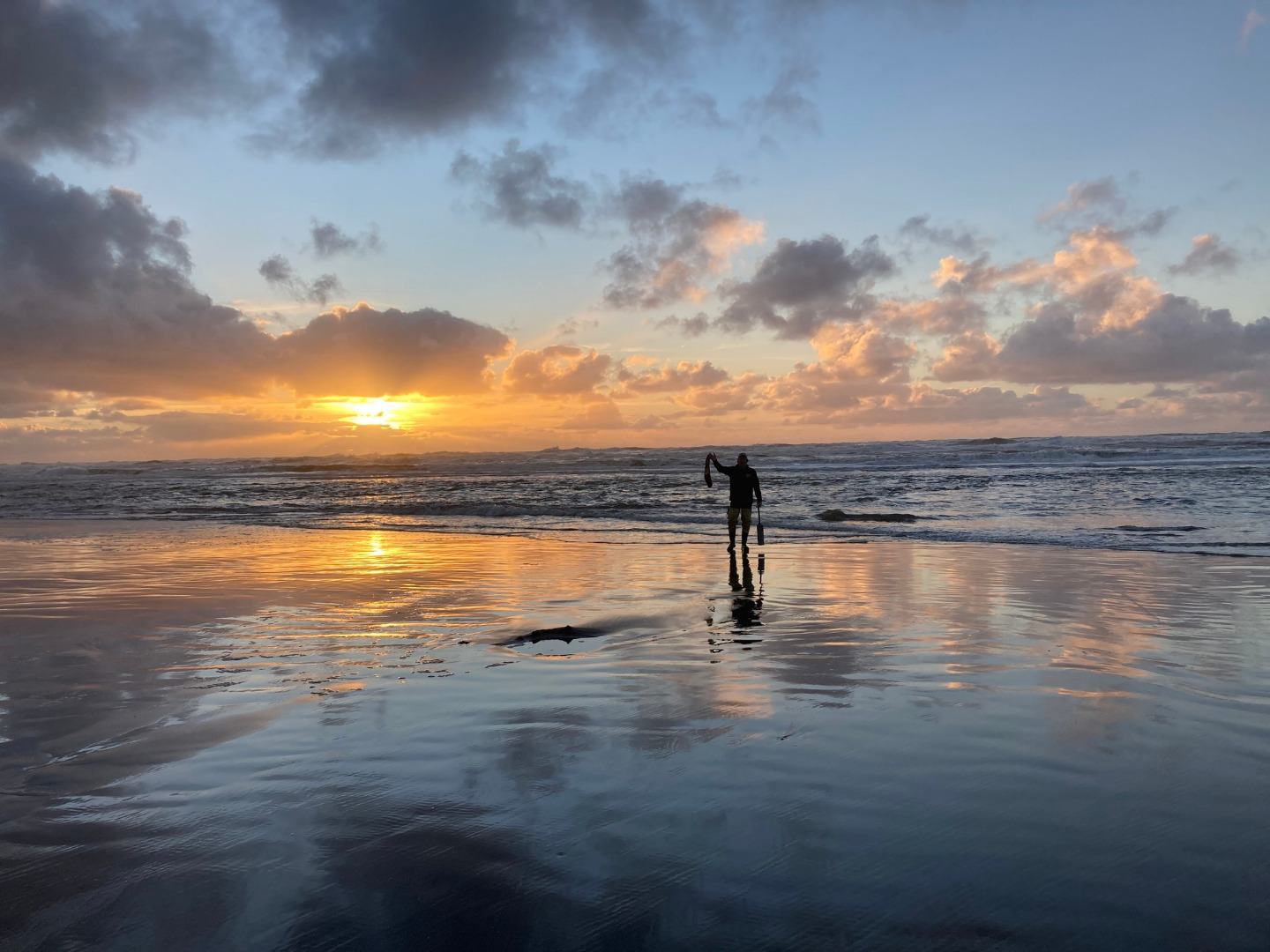Idaho Fish Report
Razor clam dig closures on all coastal beaches continue until further notice due to rise in marine toxin levels

by WA Department of Fish & Wildlife Staff
11-23-2022
Website
OLYMPIA – The recreational razor clam season on all coastal beaches remains closed until further notice, shellfish managers with the Washington Department of Fish and Wildlife (WDFW) announced today.
Test results, released on Nov. 23 for razor clams, indicate domoic acid levels on all beaches, have exceeded the health guidelines for safe consumption set by Washington Department of Health (WDOH) officials.
"Unfortunately, we need to wait before we can get back to digging razor clams, but the good news is the clams are just getting bigger and fatter," said Dan Ayres, WDFW coastal shellfish manager. "We'll continue to work with our partners at WDOH to closely monitor razor clam toxin levels and reopen harvest as soon as clams are safe to eat."
Domoic acid, a natural toxin produced by certain types of marine algae, can be harmful or fatal if consumed in sufficient quantities. WDFW learned from similar algae bloom events in the past that razor clams can be very slow to have domoic acid leave their meat tissue. More information about domoic acid, as well as current levels at ocean beaches, can be found on WDFW's domoic acid webpage.
WDFW shellfish staff will continue to regularly dig test samples of razor clams to monitor the situation. WDOH requires two test samples taken 10 days apart must fall under the health guideline level before a beach can reopen for digging. WDFW will announce future opportunities when marine toxin tests show it is safe to do so.
For more information, go to the WDFW's razor clam webpage and the DOH webpage. The 2022-23 Razor Clam Management Plan is available on the WDFW's website. To be notified of in-season rule changes as they are announced sign up for email notifications at wdfw.wa.gov/about/lists.
The Washington Department of Fish and Wildlife works to preserve, protect, and perpetuate fish, wildlife and ecosystems while providing sustainable fish and wildlife recreational and commercial opportunities.


